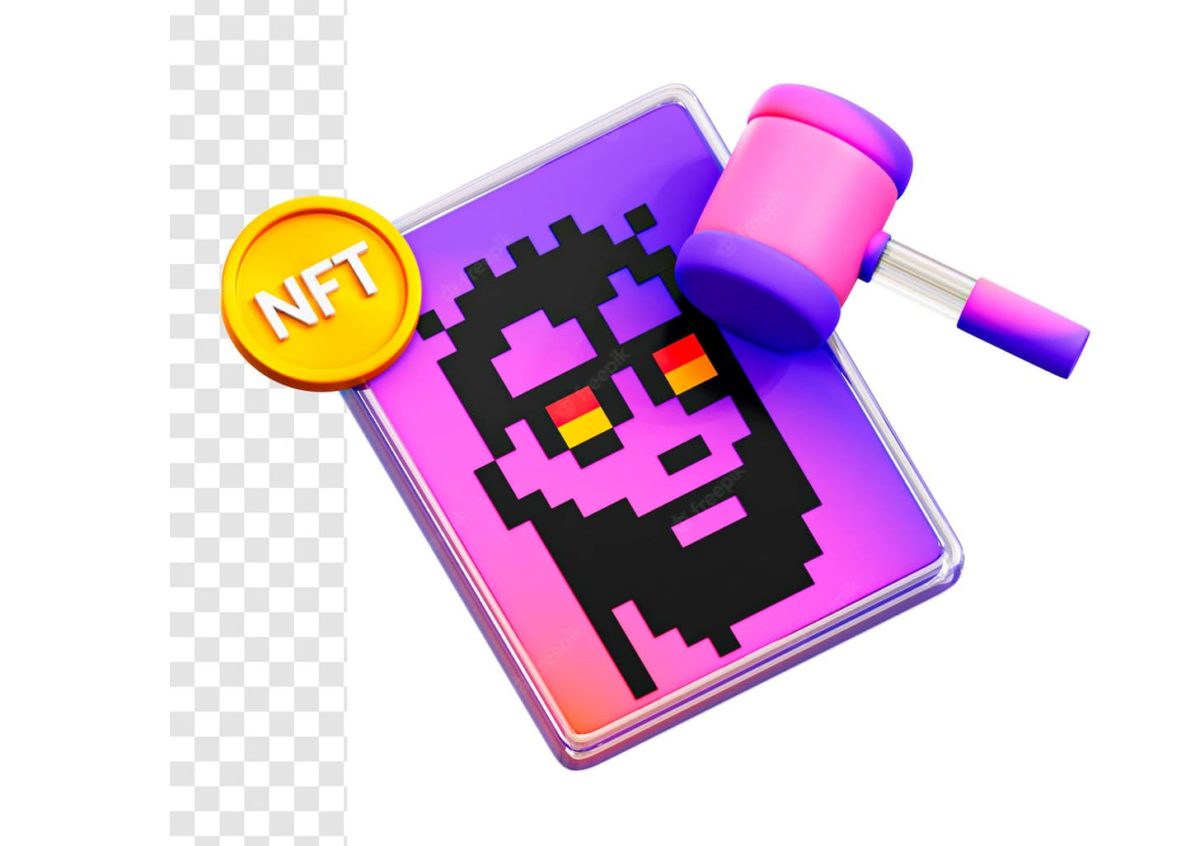To mint an NFT (non-fungible token), you will need to follow these steps:
- Choose a blockchain that supports NFTs: There are several blockchains that support the creation of NFTs, including Ethereum, EOS, and TRON. Each blockchain has its own set of rules and technical requirements for creating NFTs, so you will need to choose the one that best fits your needs.
- Set up a wallet: In order to create and manage your NFTs, you will need to set up a wallet that is compatible with the blockchain you have chosen. There are many different wallets available, and you should research and choose the one that best fits your needs.
- Create your NFT: Once you have chosen a blockchain and set up a wallet, you can begin the process of creating your NFT. This will typically involve creating a smart contract on the blockchain that defines the properties and characteristics of your NFT. You will also need to provide a digital asset, such as an image or video, to be associated with your NFT.
- Publish your NFT: After you have created your NFT, you will need to publish it to the blockchain by sending a transaction to the network. This will typically involve paying a small fee in the form of cryptocurrency.
- Market and sell your NFT: Once your NFT is published on the blockchain, you can begin marketing and selling it to potential buyers. There are many different platforms and marketplaces where you can list and sell NFTs, and you should research and choose the one that best fits your needs.
It’s important to note that minting an NFT can be a complex process, and it may be helpful to seek the guidance of a developer or technical expert if you are not familiar with blockchain technology.
Blockchains that support the creation of NFTs
There are several blockchain platforms that support the creation and issuance of non-fungible tokens (NFTs). Some of the most popular platforms for NFTs include:
- Ethereum: Ethereum is one of the most popular blockchain platforms for NFTs, and it is home to a wide variety of NFT projects and marketplaces. Ethereum supports smart contracts, which can be used to define the properties and characteristics of NFTs.
- EOS: EOS is a decentralized operating system that supports the creation and issuance of NFTs. EOS has a strong focus on scalability and is capable of handling a high volume of transactions.
- TRON: TRON is a decentralized protocol that supports the creation and issuance of NFTs. TRON has a strong focus on entertainment and gaming, and many NFT projects on the platform are related to these industries.
- BNB Smart Chain: BNB Smart Chain is a blockchain platform that is compatible with Ethereum and supports the creation and issuance of NFTs. It is known for its fast transaction speeds and low fees.
- Flow: Flow is a blockchain platform that is focused on supporting NFTs in the gaming and entertainment industries. It is backed by Dapper Labs, the company behind the popular blockchain game CryptoKitties.
- Tezos: Tezos is a decentralized, self-amending blockchain that supports the creation and issuance of NFTs. It is known for its strong focus on security and has a large and active developer community.
- Wax: Wax is a blockchain platform that is specifically designed to support the creation and issuance of NFTs. It is known for its focus on the gaming and entertainment industries and has a strong presence in the Asian market.
This is not an exhaustive list, and there are many other blockchain platforms that support the creation and issuance of NFTs. It’s important to research and compare the different platforms to find the one that best fits your needs.
